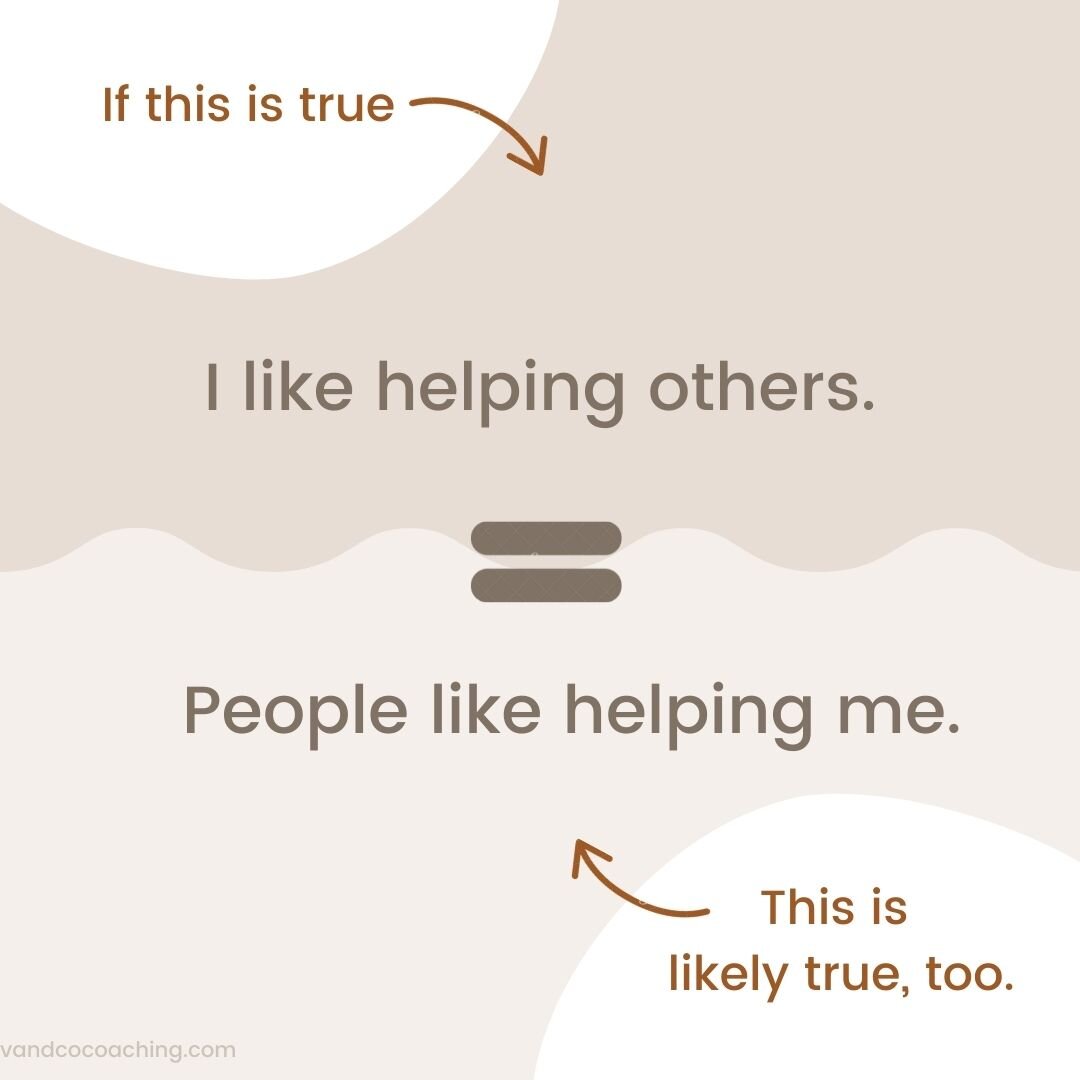How Overwhelm Might Be Ruining Your Life
We all know that feeling. You’re sitting at your desk and you have this huge to-do list in front of you. A cloud of electric doom encircles you; there is no way you can get it all done.
Overwhelm happens when the sheer volume of thoughts, feelings, and stimuli in our daily environment shift our brain and our nervous system into a reactive, stressed state.
The first thing a lot of people do when overwhelmed is to start working asap on the first thing that comes to mind: the tasks that are easiest or ones they feel most confident about.
This precrastination doesn't often help because the easy thing is rarely the strategic thing. So you end up wasting time and energy on things that aren’t moving the needle, often leading to a cycle of more overwhelm.
Today we’ll discuss a more productive way to approach overwhelm.
What is overwhelm? What are some signs I’m overwhelmed?
Think of overwhelm as the opposite emotional response to going on vacation. Returning from vacation, everything feels easier — your stress levels are reduced and you feel spacious and peaceful. Though nothing is actually different (your to-do list hasn’t magically disappeared) it feels different. Everything is easier now that we’ve cooled off our system.
Conversely, in the overwhelmed state, the brain's prefrontal cortex (the “rational” part of our brain that helps with problem-solving, analysis, logic, and prioritization) takes a backseat while our limbic system (the survival “lizard” part of our brain) fires up a fight, flight, or freeze response.
At this point you feel locked down, unable to think or make a decision, and the hormones adrenaline and cortisol are released into your nervous system which further ramp up our stress response. Creative problem-solving abilities disappear, tasks and actions feel completely unmanageable and can provoke an emotional response out of proportion to the situation.
The following are some signs that can indicate that you might be feeling overwhelmed:
Feeling stressed or anxious
Mental slowness, trouble concentrating and/or a reduced capacity for problem-solving.
Being short with others or lashing out without knowing why
Having trouble sleeping
Feeling like you cannot cope with all the tasks that need to be done
Primary Causes of Overwhelm
Our day-to-day environment plays a huge part in overwhelm. We have so many responsibilities and demands on our time, it can be difficult to keep up with everything that needs doing. Work has constant deadlines, many communication channels, competing expectations, and the stress of office politics. Our home environment, especially for parents and caretakers, can add even more to the stress load.
Holidays, work deadlines, or other situations that bring increased demands on our time, energy, and emotions can increase overwhelm.
Behaviors such as people-pleasing, perfectionism, and having loose boundaries can contribute to the problem of overwhelm.
Overwhelm is a self-perpetuating cycle. Once we’re in hormonal hysteria it's hard to get out. It's hard to stop to take a breath, let alone take a moment to stop the cycle and consider what's happening.
Overcoming Overwhelm
A better way to deal with overwhelm is to address it in three ways: emotionally, strategically, and by challenging unhelpful behaviors.
1. Lower Your Emotional Temperature
Set aside time to manage your emotions, anxiety, and stress. Plan a conversation with a trusted friend or therapist, exercise, meditate, sit and stare at the wall, take a walk in nature, or indulge in your preferred method of self-care. Do what you need to do to take care of yourself and bring a just-back-from-vacation peacefulness. You're not a machine.
Tune up your health & physical wellbeing. Yes, yes, we all know we should get 7-8 hours of sleep, eat well, exercise, lay off screens and alcohol, etc. etc. But are you actually doing it?
2. Strategically Sort Your Tasks
Braindump. Get all your to-dos, tasks, and maybe-dos in one place. Capture and confront all of the tasks flying around your head.
Delete, diminish, delegate. Evaluate your list and challenge your assumptions — do these tasks need to be done at all? What’s the worst that can happen if it's left undone? What does "done" look like? What are my stakeholders really looking for? What's the minimum I can do to cross this off the list? Do I, myself, have to be the one to do it?
Prioritize what’s left. Take a step back and ask yourself what's really important. Use a decision-making tool such as the Eisenhower Box to help you separate what's important, not important, urgent, and not urgent. What items, if done, would alleviate the majority of your stress? What are the tasks that need to be completed first?
Break down what’s remaining on your to-do list into smaller chunks so it doesn't seem as daunting. This can be done by setting specific goals for the day, week, or month that would help with your larger goal.
3. Behavior Change for Future Success
Set boundaries. Consider where you might be saying “yes” when you could be saying “no.” Set boundaries on the time you spend at work or on particular projects and tasks.
Stop people-pleasing. Recognize where you might be going “above and beyond” for someone else and by doing so are causing serious damage to your own mental health.
Challenge unhelpful perfectionism. Remember, “perfect is the enemy of done.” Wanting everything perfect can lead to procrastination and self-criticism because we fail to accomplish what we wanted.
Start Living a Life Free From Overwhelm Today
It's okay to feel overwhelmed — it’s a totally normal way our minds and bodies react to stressful environments. It's okay to feel like you have too much on your plate. It's okay to not be able to keep up with your workload. The feeling of overwhelm itself can't hurt you.
But don't let overwhelm take over your life. There are techniques that can help you better cope. And you deserve better.
















